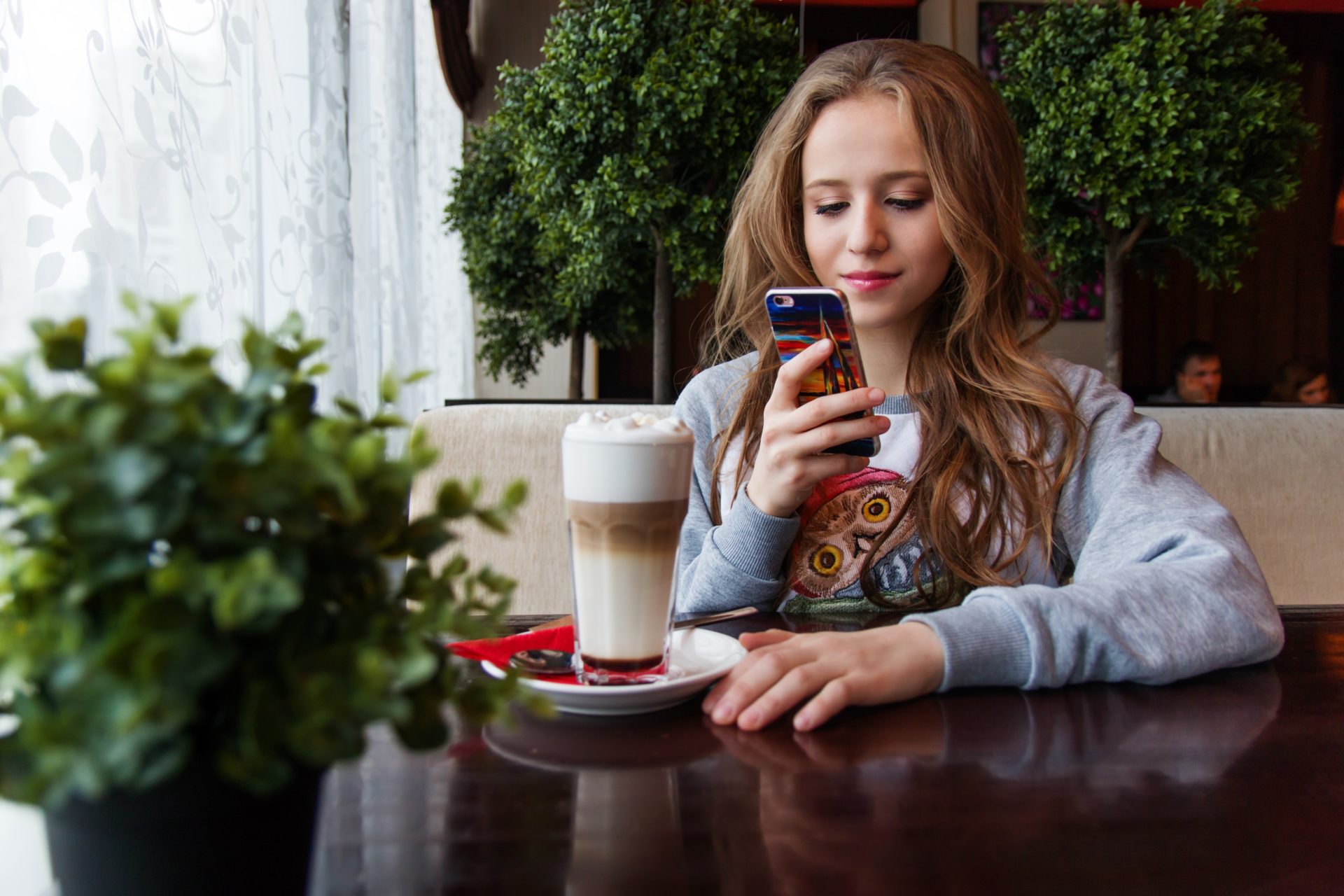
In the modern world multitasking is a must. Firstly, the majority of people have their multitasking gadget, the smartphone, always by their side, in a purse or the pocket. These tiny devices give us so many possibilities: You can check your email, make a photo, share your post on social media, rate a café where you just had a cup of coffee on yelp, chat with your friends, check scores of football and basketball games, book a hotel or a flight ticket, make purchases on online shops. With time it’s becoming more difficult to think of the things you can’t do with your smartphone than the ones you can. At the same time, the world is changing rapidly, and to keep up with the pace we have to be multitasking, or at least that’s what we think. If you look at some of the job descriptions the numbers of tasks assigned to one person can be staggering. How on earth can one person do so many things without multitasking?
But before we start exploring ways of how to become better multitaskers first let’s dig deeper and break down the concept of multitasking and understand how it affects us. According to the study performed by Mark W. Becker, Reem Alzahabi, and Christopher J. Hopwood: “Regression analyses revealed that increased media multitasking was associated with higher depression and social anxiety symptoms, even after controlling for overall media use and the personality traits of neuroticism and extraversion. The unique association between media multitasking and these measures of psychosocial dysfunction suggests that the growing trend of multitasking with media may represent a unique risk factor for mental health problems related to mood and anxiety.”
Even though multitasking might seem rewarding, as the research suggests, it is increasing our chances of suffering from depression and anxiety. Furthermore, it’s not only our mental health that might be damaged through multitasking. Working in too many directions at the same time might increase the quantity of the solved tasks. However, at the same time, it may also reduce our productivity and the quality of our performance. According to Huffington Post: “When we multitask, it’s easy to mistake productivity—doing a lot of things—for contribution—solving problems and making progress. Staying busy and checking off tasks doesn’t necessarily get us closer to our larger goals. It’s particularly destructive if we use our busyness to put off tackling the most difficult issues, the ones we’re afraid will take too long or will be too difficult to solve.”
All in all, it’s important to remember that staying busy and getting things done are two different things, and instead of making quick progress multitasking might leave you depressed and anxious.
For more visit:
https://www.huffingtonpost.com/rudy-vidal/multitasking-doesnt-work_b_9721508.html
Subscribe to plan to start chatting
Subscribe Now